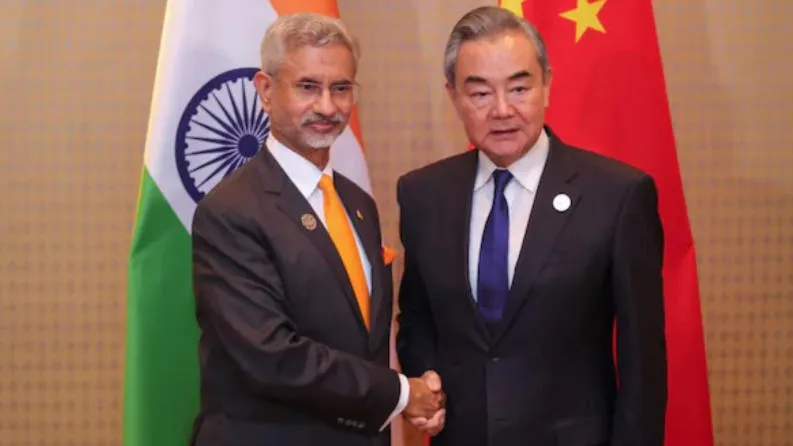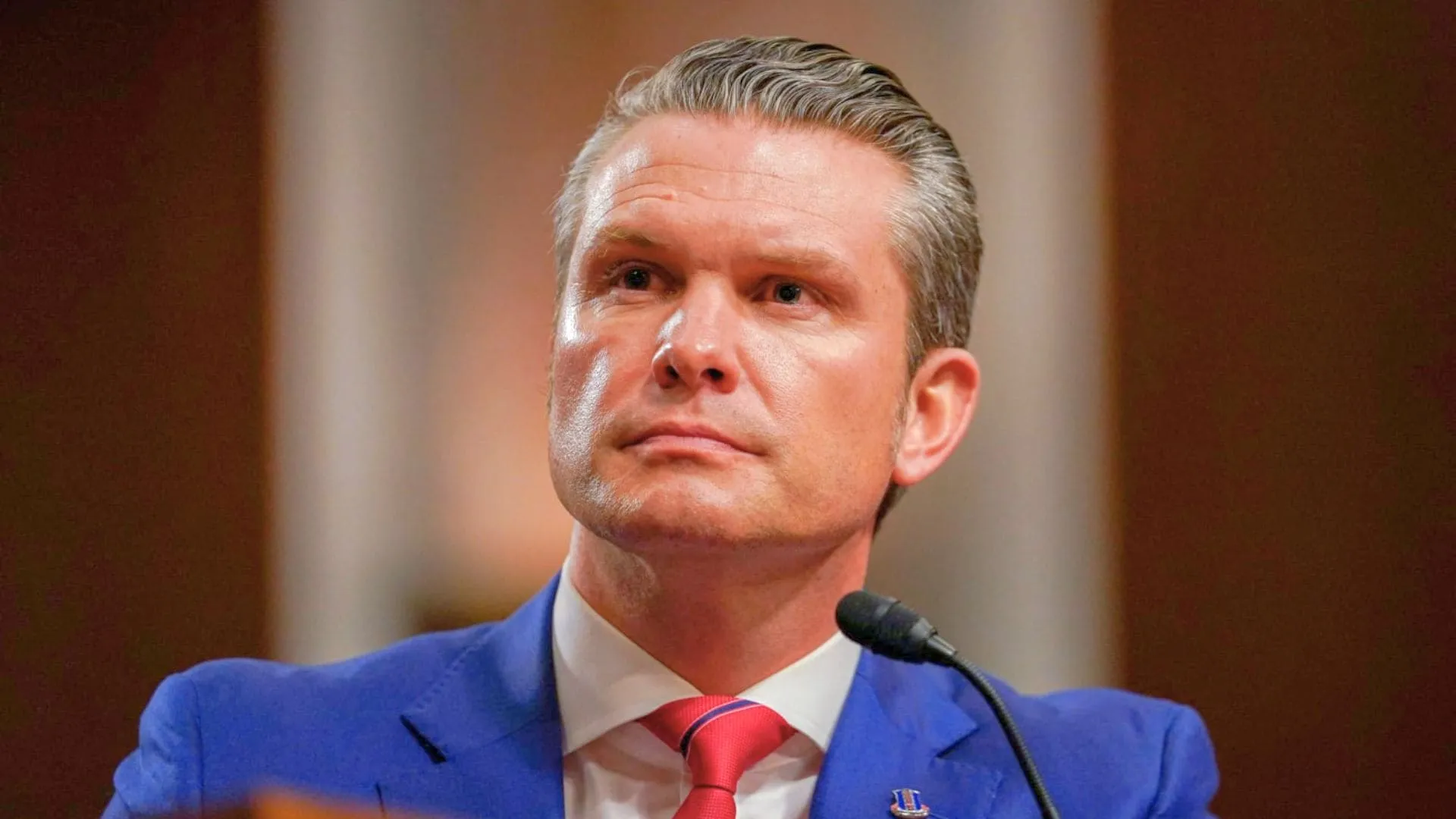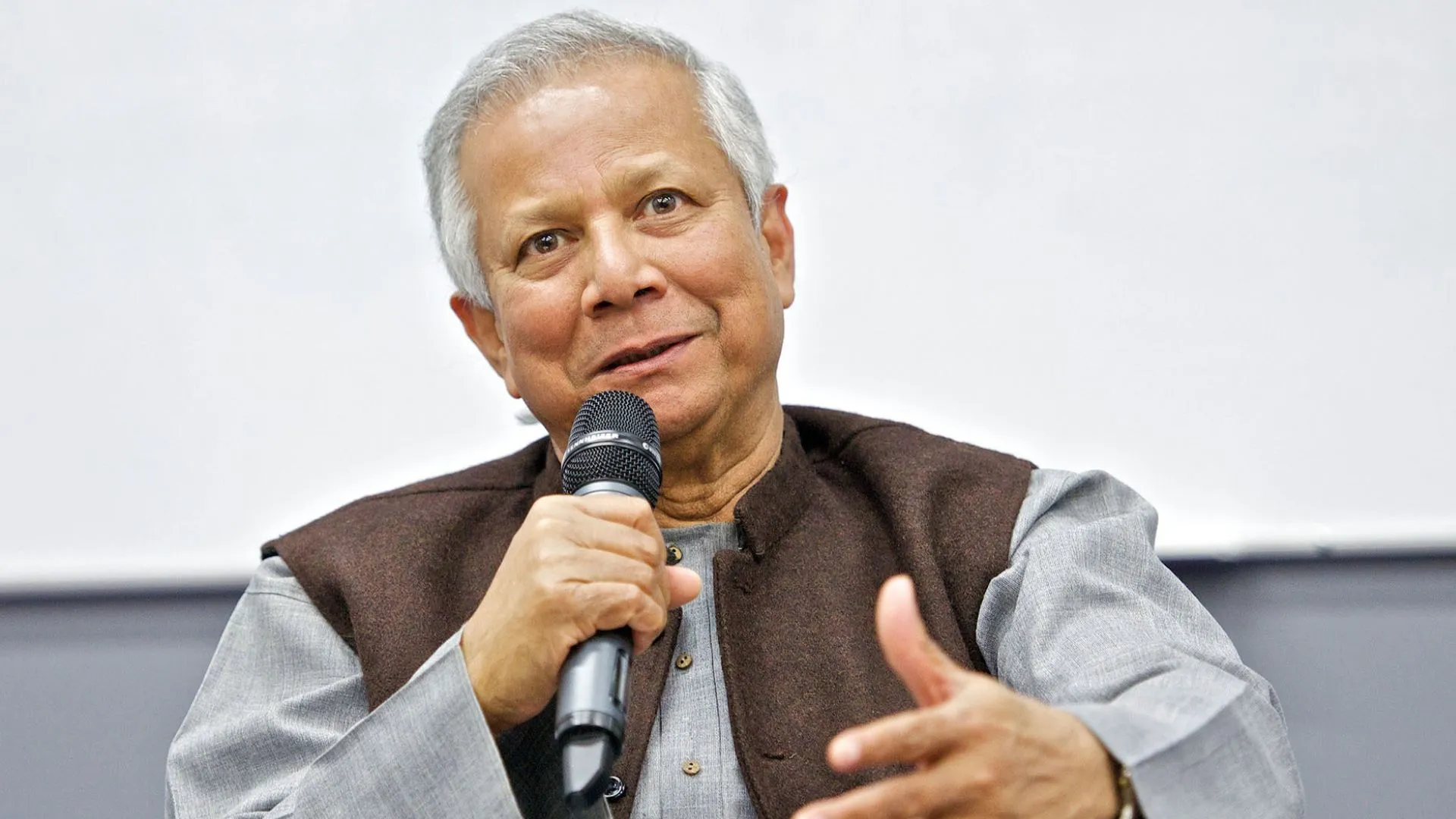Chinese Foreign Minister Wang Yi believes that ties between Beijing and New Delhi have improved over the past year. Speaking to the media on Friday, he outlined China’s foreign policy goals. When asked about India, he stressed the need for cooperation and mutual growth.
Focus on Development and Cooperation
Wang Yi urged both nations to prioritize their economic growth and progress. He stated, “The countries should support each other rather than consume each other, and cooperate closely rather than guard against each other.” He emphasized that collaboration, not competition, should define their relationship.
He also pointed out that China and India must work together to support the development of the Global South. According to him, their border issues should not dictate their overall relationship.
Jaishankar Calls for Stability and Mutual Respect
A day before Wang’s comments, Indian External Affairs Minister S. Jaishankar shared his perspective on India-China relations. Speaking at a panel discussion at Chatham House in London, he stressed India’s desire for a stable and balanced relationship with China.
India Wants Respect and Sensitivity
Jaishankar highlighted the need for both sides to recognize each other’s interests and concerns. “The key issue is how to create a stable equilibrium and transition into the next phase of equilibriums. We want a stable relationship where our interests are respected, our sensitivities are recognized, and where it works for both of us. That is the main challenge in our relationship,” he said.
Border Stability is Crucial
He also pointed out that peaceful borders have strengthened ties between India and China for the past 40 years. However, he warned that instability along the border could negatively impact their relationship. “If the border is unstable, not peaceful, or not tranquil, it will inevitably affect the growth and direction of our relationship,” he stated.
Discussions for a Better Future
Jaishankar confirmed that both countries are currently in talks to find ways to create a more stable, predictable, and positive relationship.










